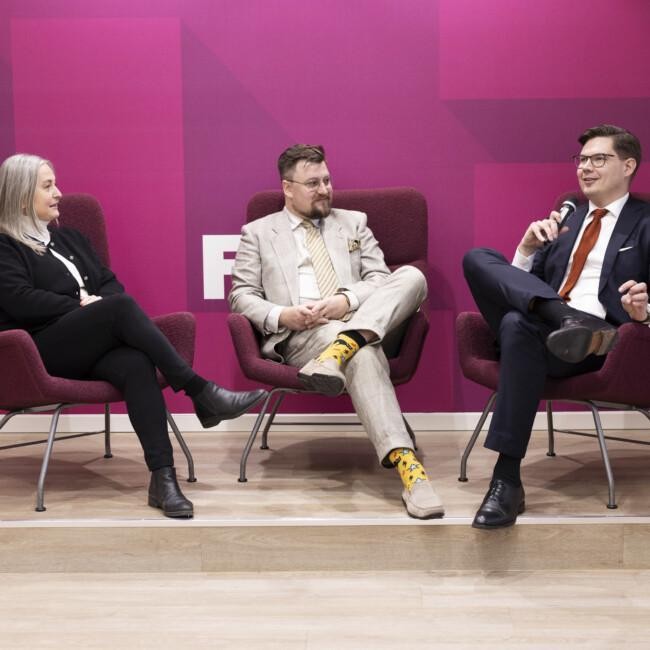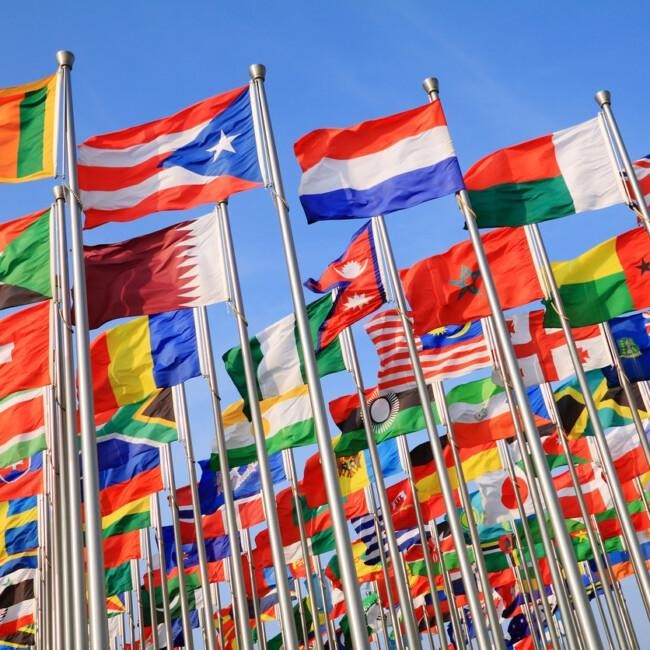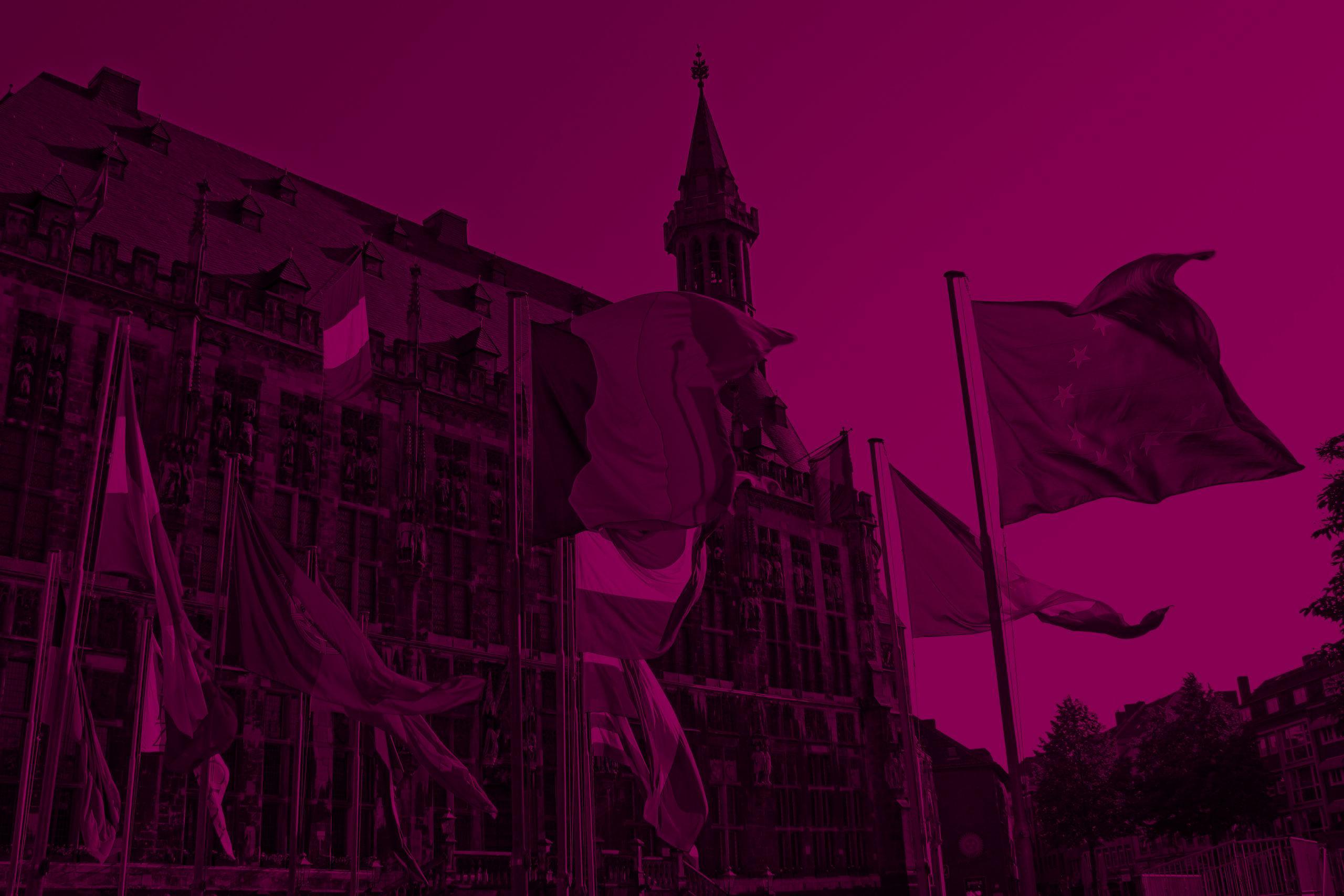
The project investigates the consequences of Europe’s push for strategic autonomy for the EU as an international actor and for its relationships with other powers in the international order. Strategic autonomy is here defined as the ability to make foreign and security policy decisions and to carry them through in cooperation with third parties, or if need be alone.
The project starts from the observation that the EU’s strategic autonomy is largely dependent on its resilience in the global geo-economic competition. China and the US are increasingly using economic instruments to realize their geopolitical interests. The freedom of the EU and its member states to make their own foreign policy decisions and carry them through depends on their economic toolbox, the ability to regulate new technologies, as well as on a healthy state of key industries. This project focuses on strategic autonomy across the domains of the trade, new technologies, as well as defence industries. In these policy areas, the EU is able to use its vast economic competences in the internal market, which the new European Commission vowed to deploy more actively in the pursued of European interests.
The geo-economic perspective allows analysing European Strategic autonomy not exclusively in relation to Europe’s dependence on the US security umbrella. With the global economic power shifting away from the West and towards the East, the international order appears increasingly multipolar. European Strategic Autonomy will in the future largely be defined through the EU’s relationship with China and Russia. Managing relationships with great powers becomes a core task for the EU.
The project investigates two questions:
– What are the implications of the EU’s promotion of strategic autonomy on its foreign and security policy?
– How does the EU manage its relationship with other powers in the multipolar international order in the pursuit of its strategic autonomy?
The project will run from 2020 to 2021. Next to the core team at FIIA, the project includes researchers from the American University in Washington DC, the Jacques Delors Centre at the Hertie School in Berlin, the Egmont Institute in Brussles and from the Russian Academy of Sciences in Moscow.
FIIA research team: Niklas Helwig (leading researcher), Elina Sinkkonen and Ville Sinkkonen (team members).






